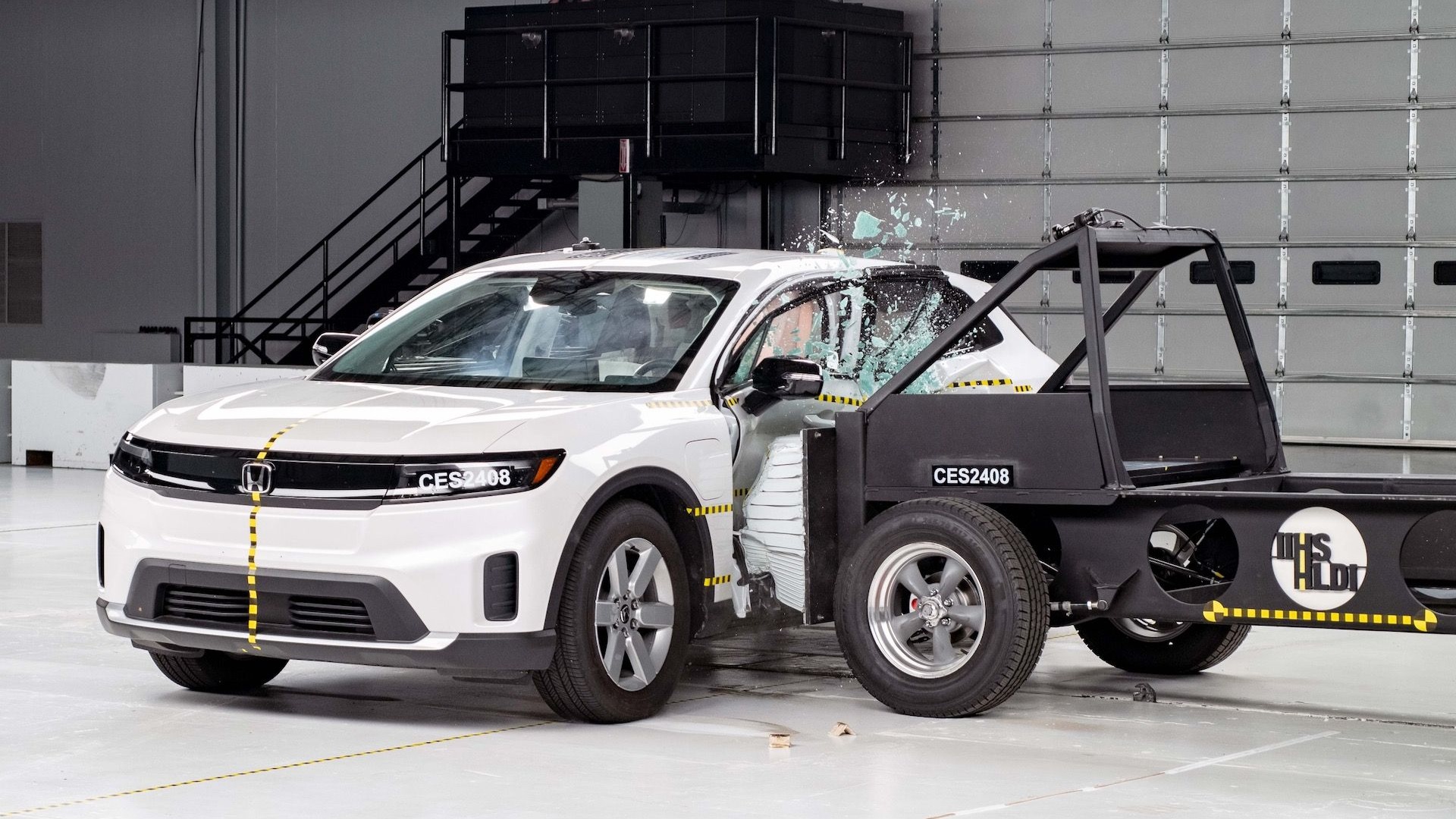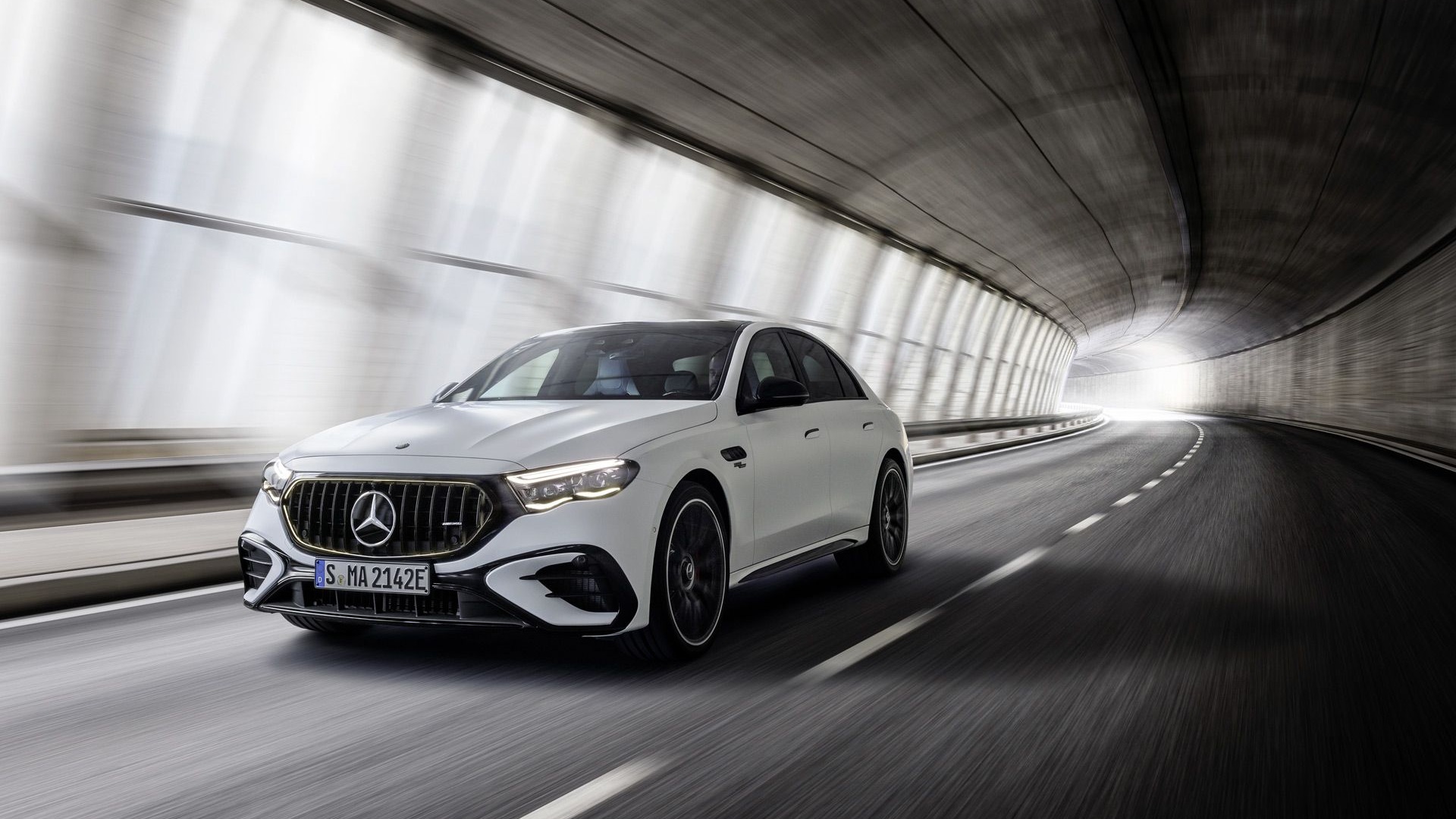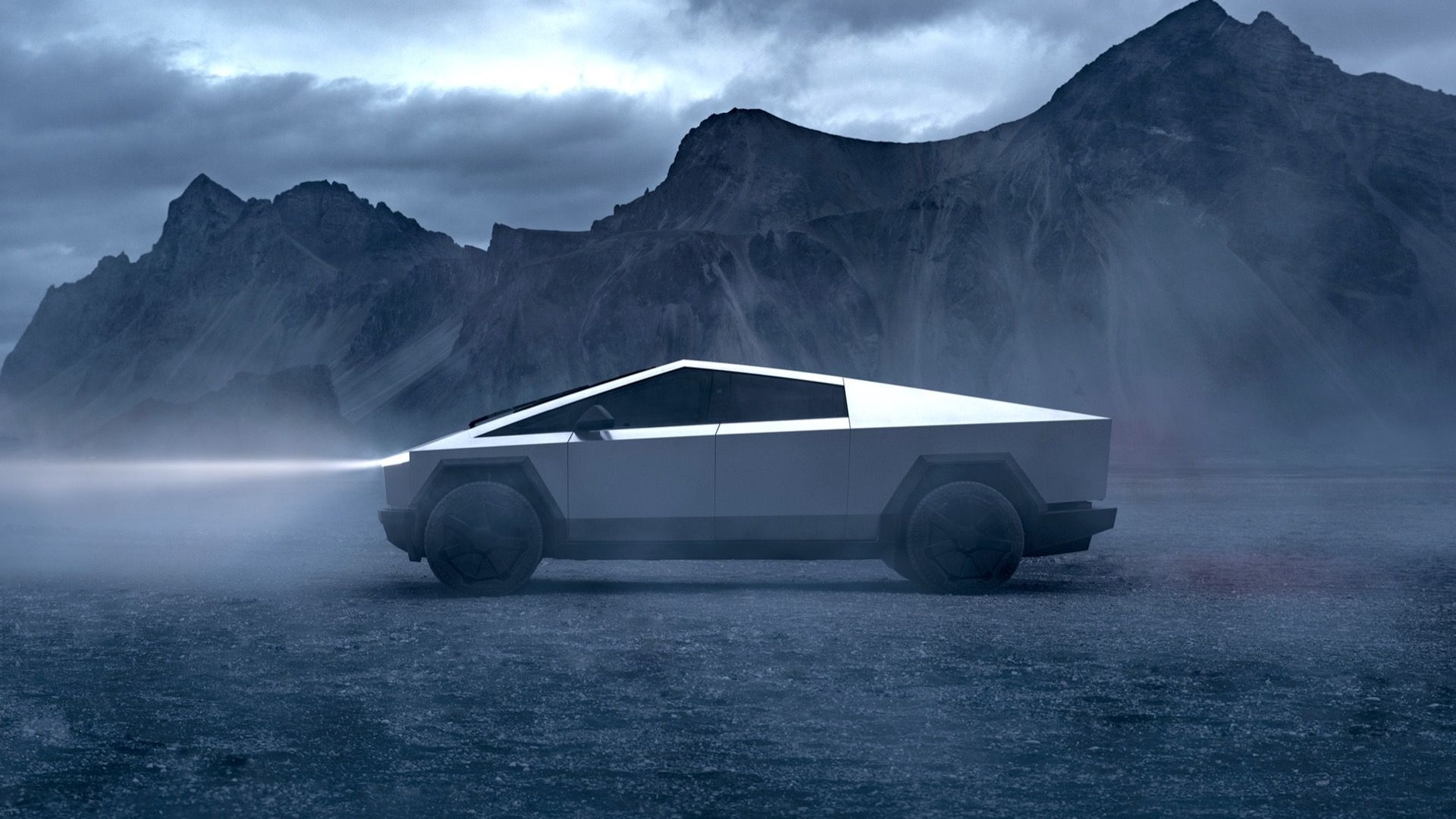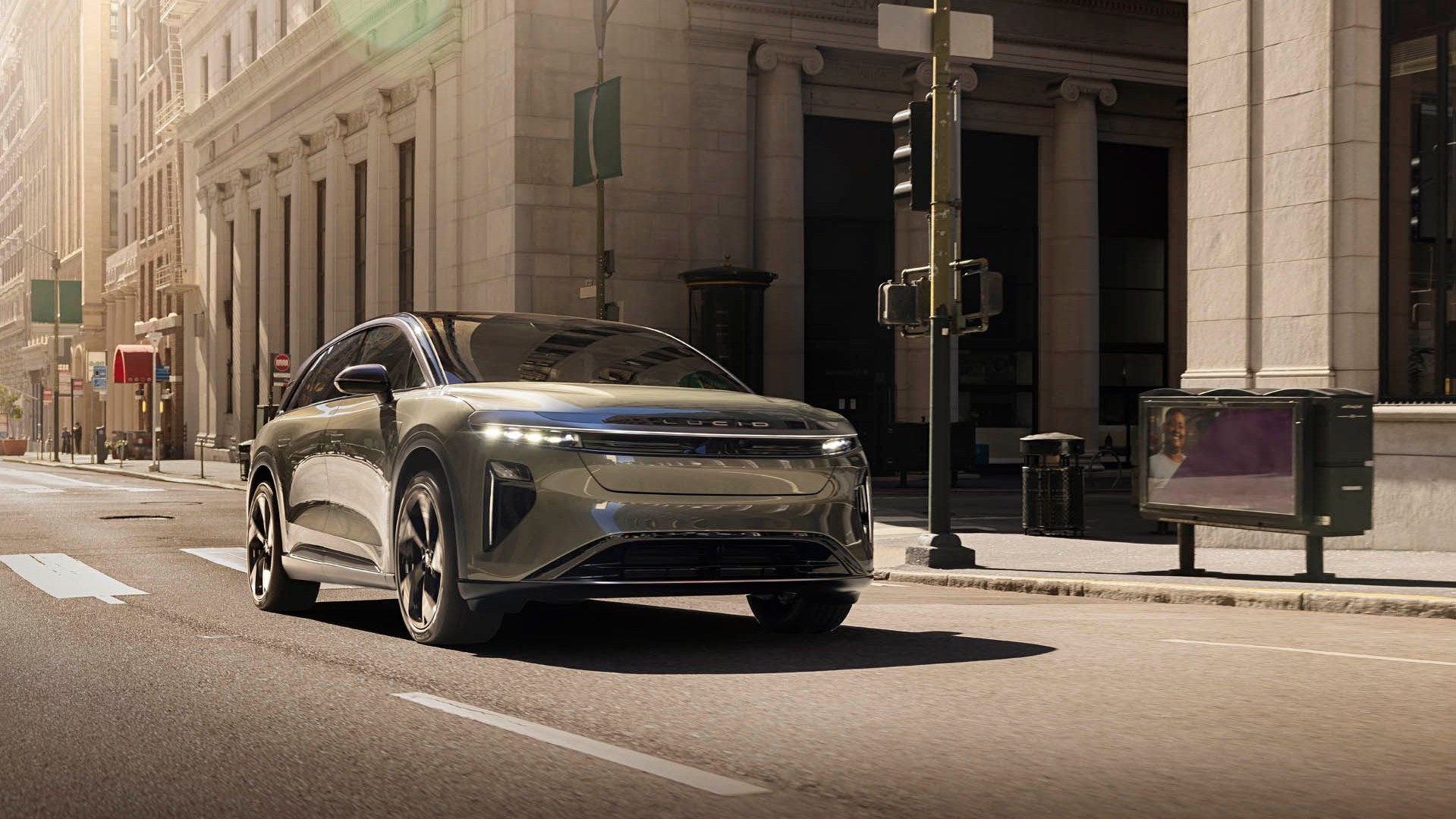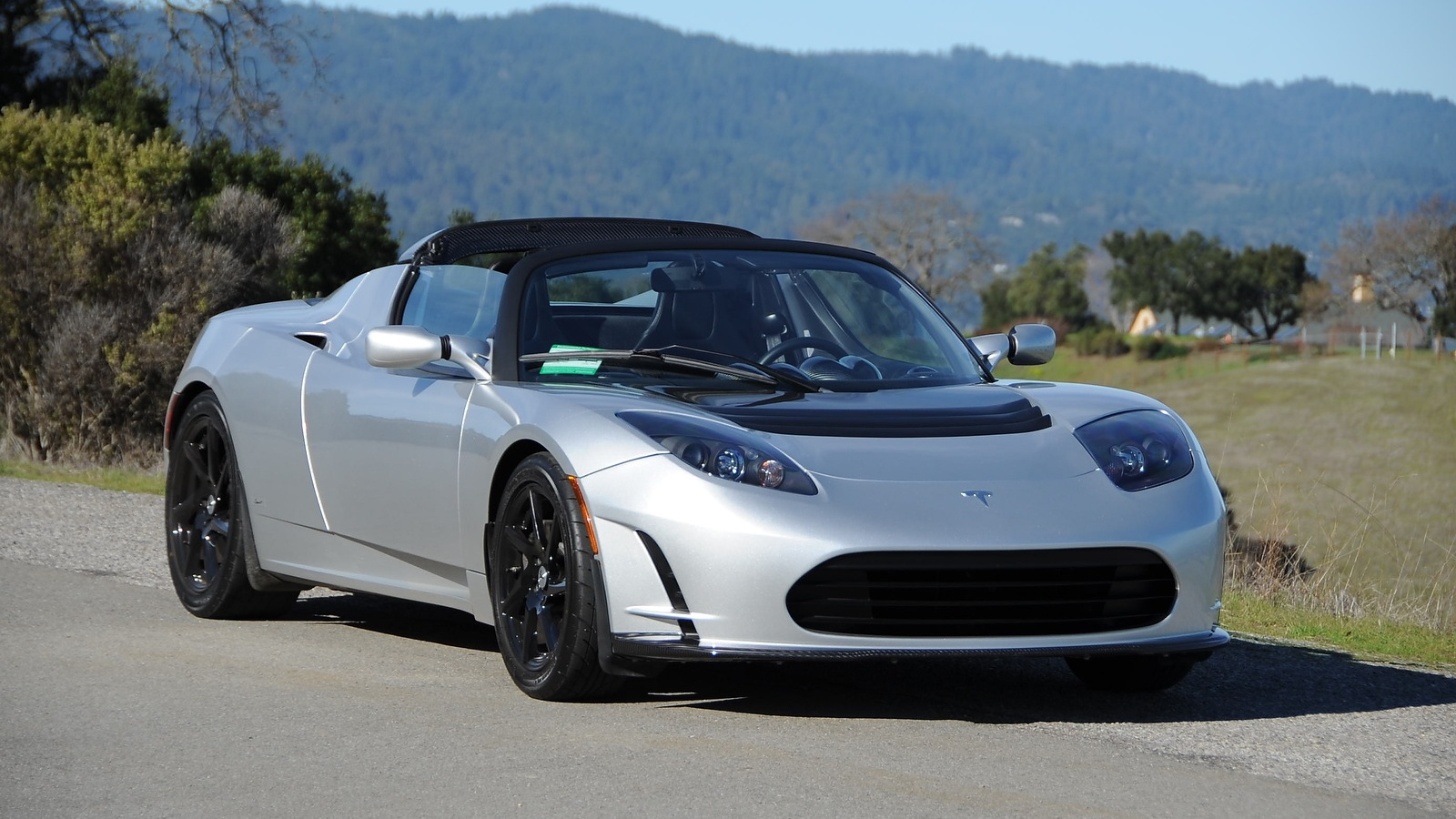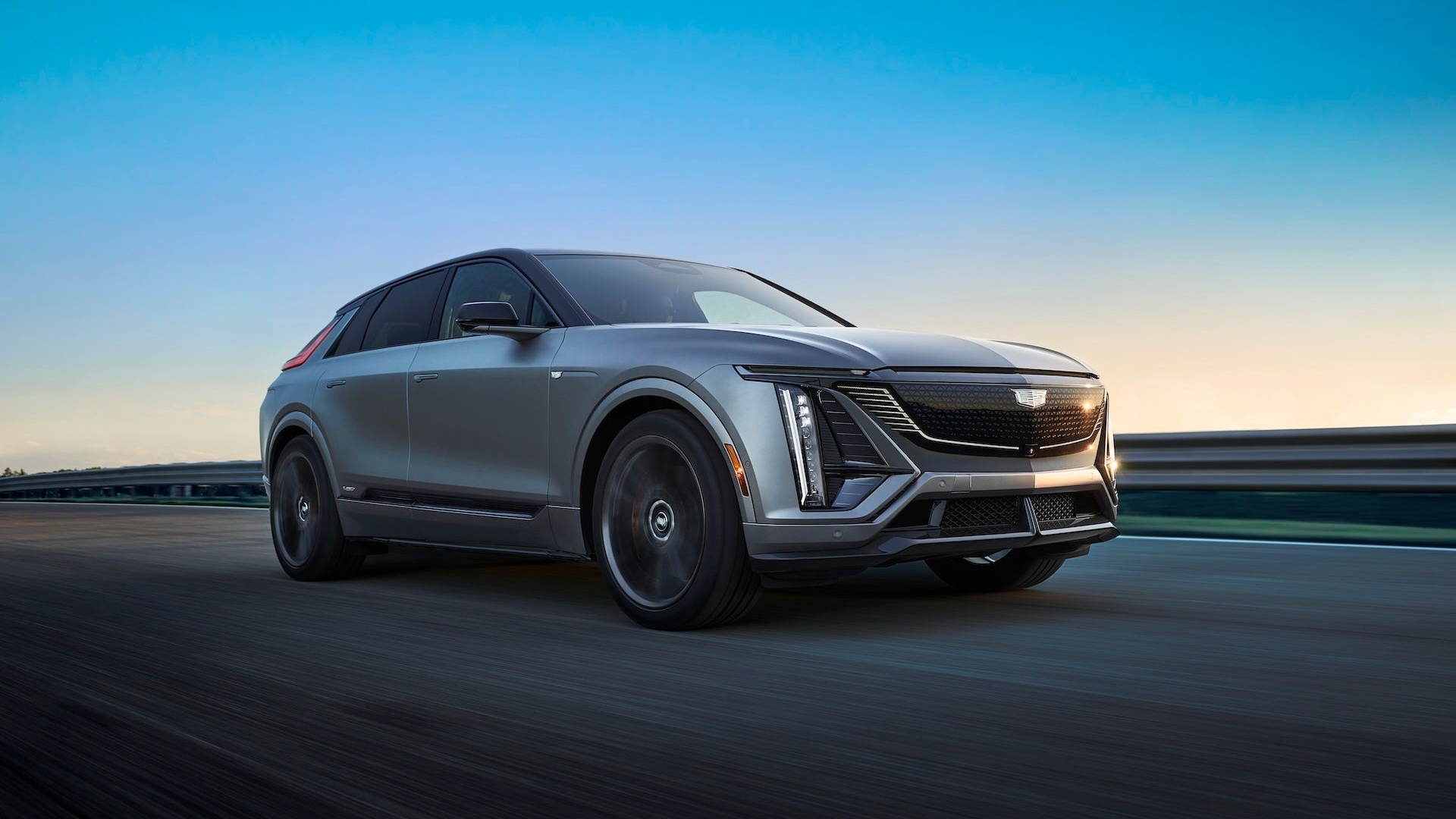Renault and Geely have signed a joint venture agreement creating a new $7.7 billion company tasked with developing hybrid powertrains and more-efficient internal combustion engines.
The two automakers each get a 50% stake in the joint venture, according to a Renault press release. The agreement follows a letter of intent signed by Renault, Geely, and oil company Aramco on Mar. 2, 2023. Aramco is "evaluating" an investment in the new joint venture, which would fund research into synthetic fuels and hydrogen, the release said.
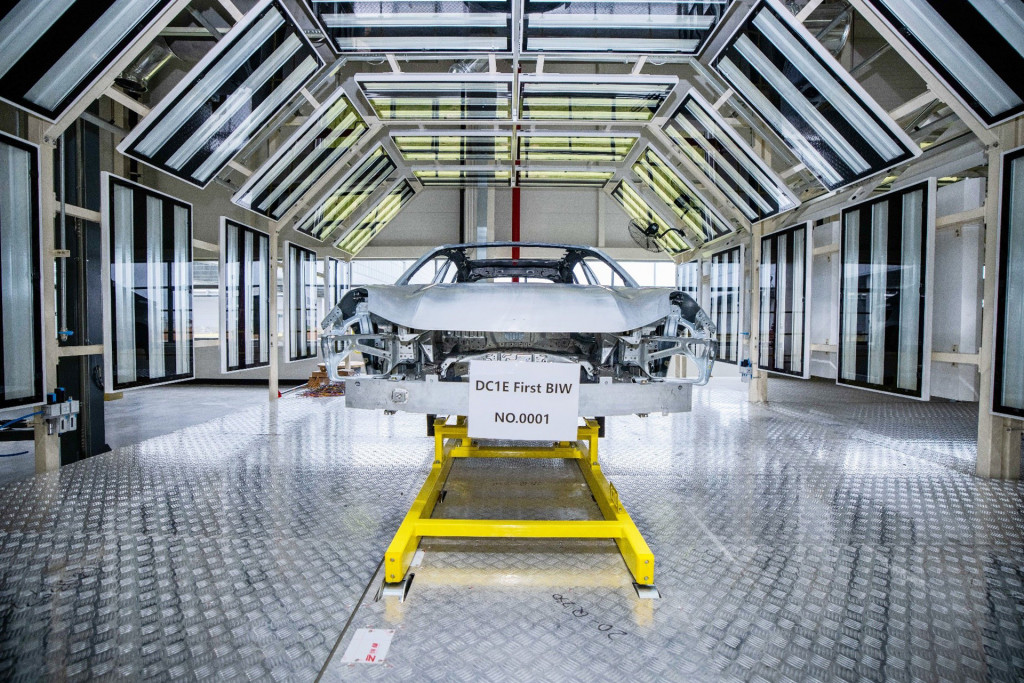
Geely plant in China
The joint venture, which will operate out of a Renault facility in Madrid and a Geely facility Hangzhou Bay, China, "aims to become the leader in next-generation hybrid and highly efficient powertrain solutions to meet worldwide demand for the years to come."
Plans include annual production capacity of five million units of internal-combustion engines, hybrid and plug-in hybrid components, and transmissions annually. These components will be supplied to Renault and Geely for use in their passenger cars. That will include cars from The main Renault and Geely brands, as well as Renault-allied Nissan and Mitsubishi, and Geely-owned Volvo and Proton.
In addition, Renault plans to use the the joint venture for powertrains for light commercial vehicles, likely in cooperation with Italian supplier Punch Torino, and for hybrid batteries.
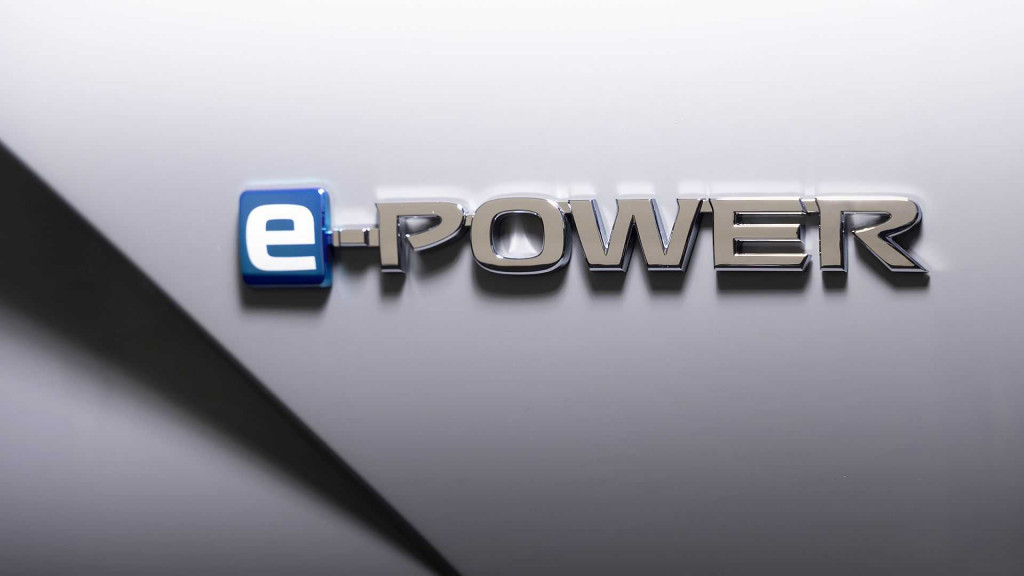
2022 Nissan Qashqai E-Power
The joint venture will have a portfolio of powertrains and a regional footprint covering 80% of the global internal-combustion and hybrid market, according to Renault. With that scale, the target will be Toyota, which has long dominated hybrid sales. That's an area Geely and Renault (along with alliance partners Nissan and Mitsubishi) haven't managed to crack. Nissan's e-Power hybrids for the U.S., once pitched as a new signature technology for the brand, are long delayed for U.S. products, although they're available in some other markets.
Even as it rolls out all-electric cars, hybrids remain Toyota's focus. The automaker has opted to showcase its hybrid tech in the 2023 Prius, while keeping the bZ4X as a limited and less-appealing vehicle. And it's aiming for much higher-mileage plug-in hybrids in the future.


